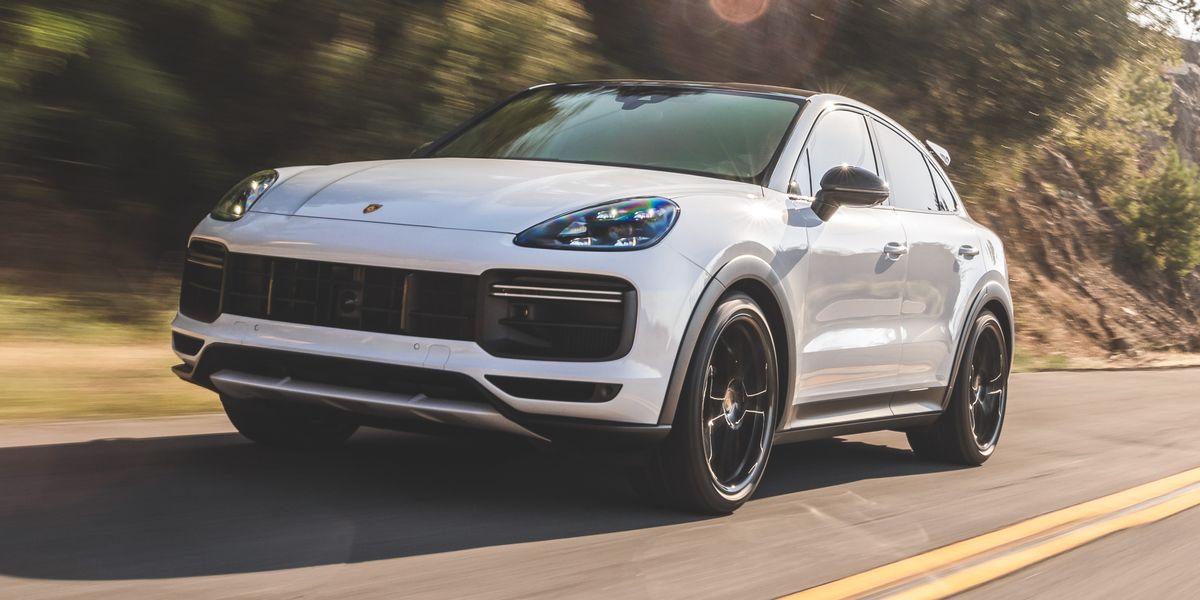


This edition of the BMW 7 Series 750i E38 is the 5 speed / Manual version and was first brought out in 1999. This was at around the same time as the introduction of the and the .This particular BMW 7 Series has a 5379cc Naturally Aspirated Petrol powerplant with 12 cylinders in a V formation.
The 7 Series shares its Petrol V12 engine configuration with the likes of the 2021 Aston-Martin Valkyrie Spider 6.5 V12 and the 2021 Aston-Martin Valkyrie Coupe 6.5 V12. If you're looking for other fast cars which share the 7 Series's Rear Wheel Drive, Saloon combination then how about the 1982 Fiat X1/9 1.5 8V or the 1965 Aston-Martin DB6 1965.
Weighing in at 2041 kgs (4499 lbs) this makes the BMW 7 Series 750i E38 in the same weight category as the 2022 Ferrari Purosangue 6.5 V12 or the give or take 50kg.
In terms of power the 5379cc 48V V12 engine produces 326 bhp (243 kW) @ 5000 rpm similar to the 2024 Mazda CX-90 S 3.3 Turbo (340 bhp) or the 2023 Porsche Cayenne Coupe 3.0 V6 Turbo (348 bhp).
The Naturally Aspirated V12 throws out 361 lb-ft (489.4 Nm) @ 4400 rpm placing it with cars of similar torque performance figures such as the 2024 Mazda CX-90 S 3.3 Turbo (369 lb-ft) or the 2023 Porsche Cayenne Coupe 3.0 V6 Turbo (369 lb-ft).
If one combines the weight with power or torque performance for the BMW 7 Series you can get a better idea of it's real world performance.
![Hyundai i30 N Performance 2.0 Turbo - [2022] image Hyundai i30 N Performance 2.0 Turbo - [2022] image](/editionimages/2380.jpg)
The 2022 Hyundai i30 N Performance 2.0 Turbo (184.7 bhp per ton) has similar Bhp Per Ton stats as the BMW 7 Series.
The BMW 7 Series has a Power to weight ratio of 159.7 bhp per ton and 176.8 lb-ft per ton. Bhp Per Ton figures of the 1999 7 Series competing with the 2022 Hyundai i30 N Performance 2.0 Turbo (184.7 bhp per ton) or the 2006 Subaru Impreza WRX STI Type UK - Hawkeye (184.6 bhp per ton).
If you agree with the late great Carroll Shelby then arguably an even better indicator of potential performance, Torque. Use weight as well and you end up with - Torque per ton, with the BMW 7 Series generating around 176.8 lb-ft per ton. If you're curious as to what other cars have as much torque to weight then look no further than the 2017 Volkswagen-VW Arteon 2.0 TDi SCR 4Motion (201.8 lb-ft per ton) or the 2015 Peugeot 308 GTi 1.6 Turbo 250 (201.6 lb-ft per ton).
With a 0-60mph time of 6.80 secs or a 0-100km/h (0-62mph) of 7.0 secs, this made the BMW 7 Series 750i E38 as fast as the 2017 Dodge Charger SXT AWD 3.7 V6 (6.80 secs) the 2015 Renault Megane Energy TCe 205 GT 1.6 Turbo (6.80 secs) the 2012 Mini Cooper John Cooper Works Countrman (6.80 secs) the or the 2010 Volkswagen-VW Scirocco 2.0 TSI DSG (6.80 secs). This BMW 7 Series 750i E38 is also faster than the 2015 Audi TT 1.8 TFSI Coupe (6.90 secs) the 2013 Land-Rover Range Rover Sport 3.0 V6 Supercharged (6.90 secs) the 2012 Ford Fiesta ST 1.6 Turbo (6.90 secs) the and the 2009 Renault Clio 2.0 RenaultSport III 200 Cup (6.90 secs).
When talking about the performance of the BMW 7 Series on the drag strip it can reach a quarter mile in an estimated 14.99 secs @ 91.2 mph. Similar performance down the quarter mile can be found with the the 1970 Plymouth AAR Cuda 340 V8 (14.93 secs), the 2012 Mini Cooper John Cooper Works (14.94 secs), and the 2010 Audi A7 3.0 TFSI Quattro (14.94 secs).
Modern performance cars are often artificially restricted to 155mph. The 1999 version of the BMW 7 Series 750i E38 has a maximum speed of 154mph.
If maxing out your car on the AutoBahn is your thing and you're wondering what's faster than the 1999 BMW 7 Series 750i E38 then how about the 2022 Lotus Eletre R 905 bhp (165 mph), the 2020 Mini Cooper John Cooper Works GP (165 mph), or the 2017 Ford Focus RS 2.3 Mountune FPM375 (165 mph).









Porsche 911 Carrera 4 GTS PDK Cabriolet
Engine: Naturally Aspirated Petrol | 3800cc 24v F6
Top Speed: 187 mph
0-60mph: 4.00 seconds

Audi A6 RS6 5.0 TFSI V10
Engine: Naturally Aspirated Petrol | 4991cc 40v V10
Top Speed: 249.4 kph
0-100kph: 4.8 seconds



















